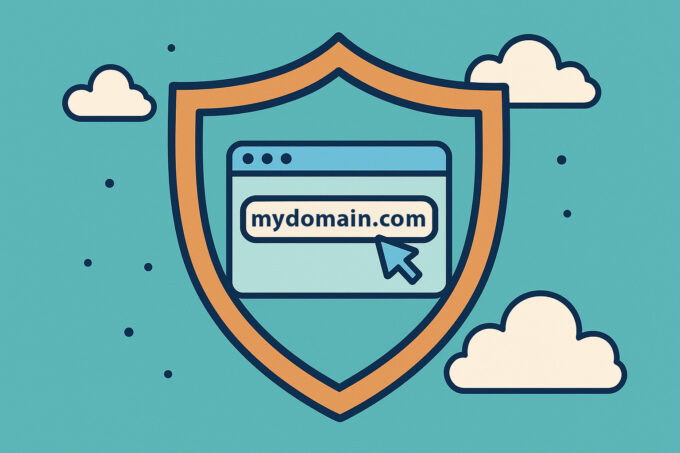When you decide to build a website, one of the first things you need to think about is where it will live on the internet. This is where hosting providers come in. They offer services that let your website exist online for people to see. But did you know there are different types of hosting providers? Let’s take a closer look at them to help you figure out which one might be the best fit for you.
Small Companies vs. Giants

Small hosting companies are like the neighborhood mom-and-pop shops of the internet world. They might not have all the fancy gadgets and gizmos, but they make up for it with personal attention and care. When you have a problem, you can talk directly to a real person who knows you and your website.
But when it comes to the big giants like Amazon, Google, or Microsoft, it’s a different story. They have massive buildings filled with servers and computers all over the world. While they offer a ton of cool features and can handle millions of websites at once, sometimes they might not pay as much attention to the little guys. Your website might be just a tiny drop in their ocean of data.
Cloud Hosting vs. Regular Hosting

Now, let’s talk about cloud hosting. Imagine your website is a kite, and traditional hosting is like tying it to a single tree. If that tree falls, your kite crashes. But with cloud hosting, it’s like your kite is tied to a whole bunch of trees. If one tree falls, your kite can still fly high because it’s connected to the others.
One cool thing about cloud hosting is that it’s super flexible. Let’s say you have a website that needs a special type of software called PHP. With regular hosting, you might need to buy a whole new server to get the right version of PHP. But with cloud hosting, you can switch PHP versions or add custom software without needing your own server. It’s like having a magic toolbox that can do anything!
Cheapest vs. Significant Investment
When it comes to picking a hosting plan, you’ll often see different prices. Cheaper plans might seem like a good deal, but they can come with limitations. Your website might be slower, or you might not get as much help if something goes wrong.
On the other hand, investing more money in a higher-tier plan can give you better performance and support. It’s like upgrading from a regular bicycle to a shiny new car. Sure, it costs more, but you get a smoother ride and a fancy stereo system!
In conclusion, there are lots of hosting options out there, each with its own pros and cons. Whether you go with a small local provider or a giant company, or choose cloud hosting or traditional hosting, it all depends on what’s important to you and your website. Just remember to think about things like support, flexibility, and cost before making your decision. Happy hosting!



